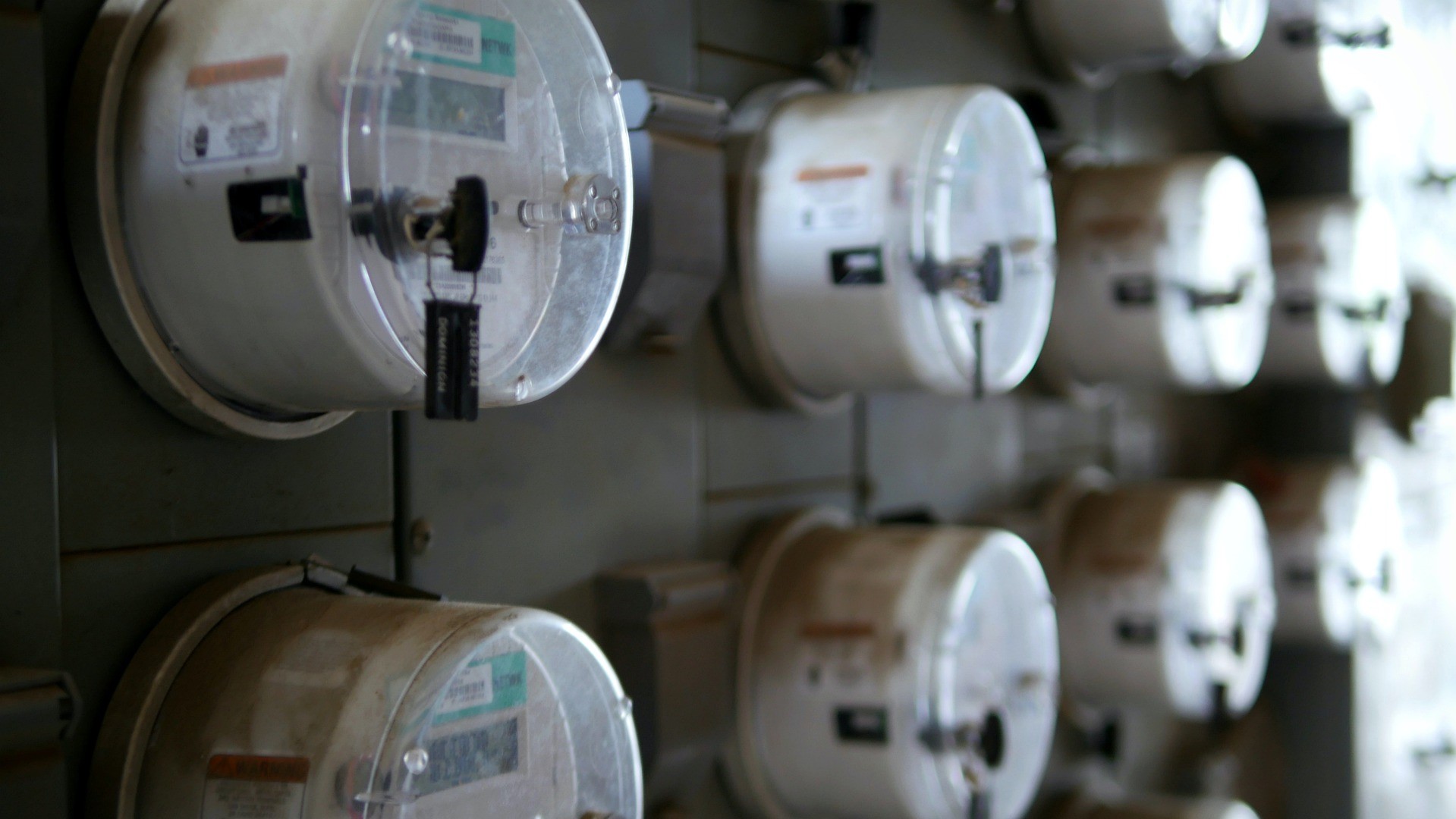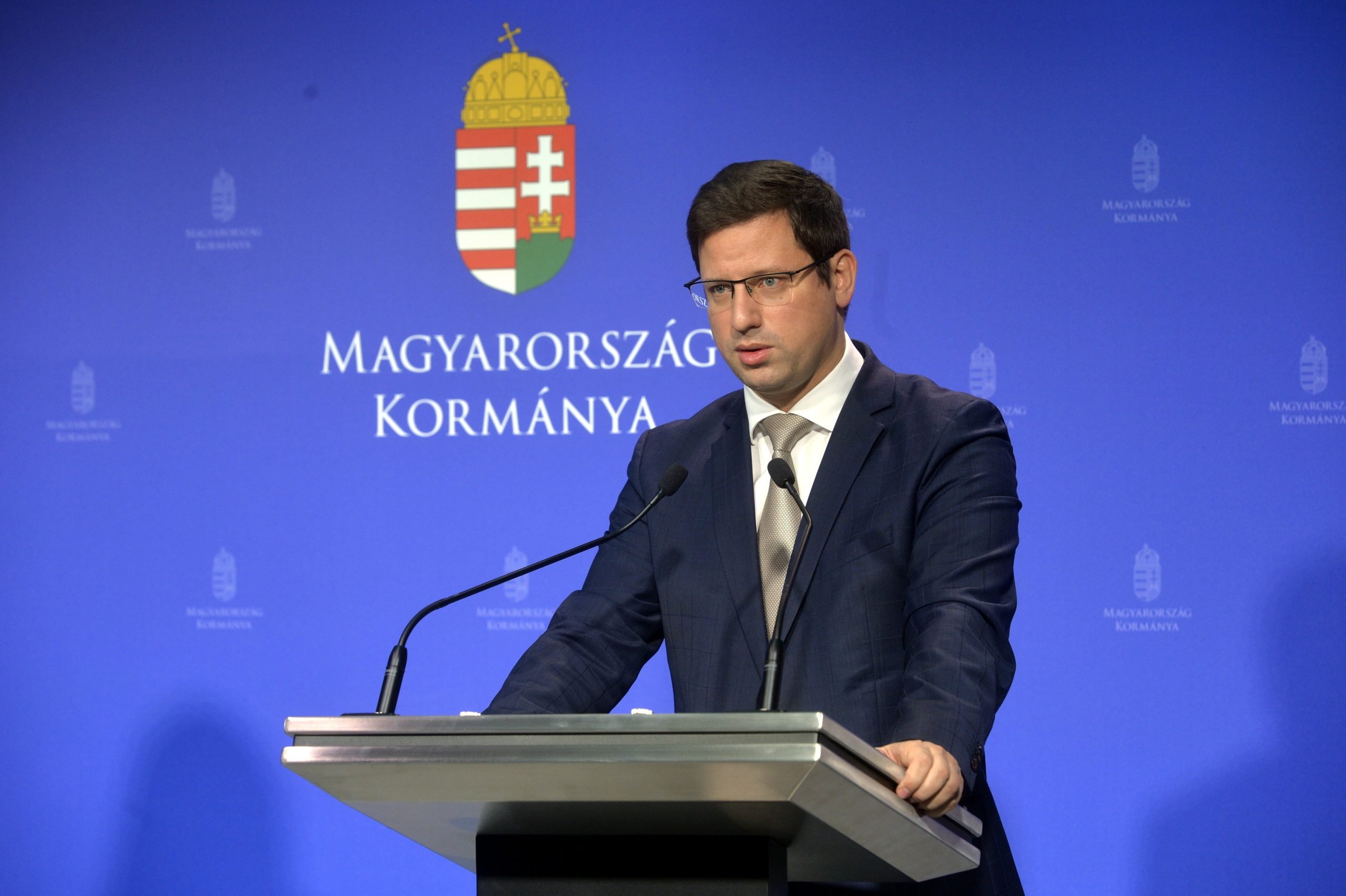
Electricity prices in Europe have risen 515 percent in just over a year, while gas prices have increased 650 percent in the same period through early July.Continue reading

Hungary’s government has declared a state of energy emergency and has approved seven measures that will include limiting the price caps on gas and electricity to average consumption levels from August 1st, the prime minister’s chief of staff announced on Wednesday.
The protracted war in Ukraine and the sanctions imposed on Russia by the European Union have led to a dramatic increase in energy prices across Europe, causing an energy crisis in a large part of the continent, Gergely Gulyás said at a regular weekly press briefing.
It has also become clear in recent months that as things stand, Europe will most likely not have enough gas for the autumn and winter heating season, he said.
Therefore, in the interest of protecting Hungarian families and the economy’s energy supply, the government has followed the example of several other European countries and has declared a state of energy emergency. A plan of seven measures that will enter into effect in August has also been approved.
The minister emphasized that the measures would ensure that the country has enough energy in the winter and that the scheme to cap utility bills can remain in place.
Gulyás also detailed the government’s seven-point plan to address the energy crisis:
Three-quarters of households will not be affected by the change because their consumption is below the average level, he said, adding that market prices will only apply to consumption over the average for the remaining one-quarter of households as well.
On the subject of the recent, controversial changes to the rules of the small business tax (KATA), Gulyás said the government had eliminated an opportunity for taxpayers to “bypass the original aim” of the KATA system.
Gulyás stressed that the KATA tax, introduced in 2012, was aimed at offering a flat tax to small local service providers. Ninety percent of the first 100,000 KATA taxpayers were such entrepreneurs, but now two-thirds of KATA payers receive income from companies rather than being employed, he insisted.
Gulyás called it “unacceptable” that while people in the KATA system paid a flat tax of 50,000 forints (EUR 122) a month, a hospital nurse paid a monthly 184,000 forints in taxes. He insisted that the changes had not been aimed to improve the central budget but to eliminate discrepancies between the amounts paid by taxpayers. He also added changes in future tax revenues would depend on what form of taxation those quitting the KATA system would choose. All options will involve a higher tax burden than KATA, he said, but they will “still pay less than a teacher or nurse,” he underscored.
Concerning a fresh draft report by the European Parliament’s civil liberties committee criticizing Hungary, Gulyás said it was the EP that was “deliberately undermining European values” and that Hungary had been “at the receiving end of a smear campaign for an extended period of time.”
via MTI
Featured photo by Attila Kovács/MTI